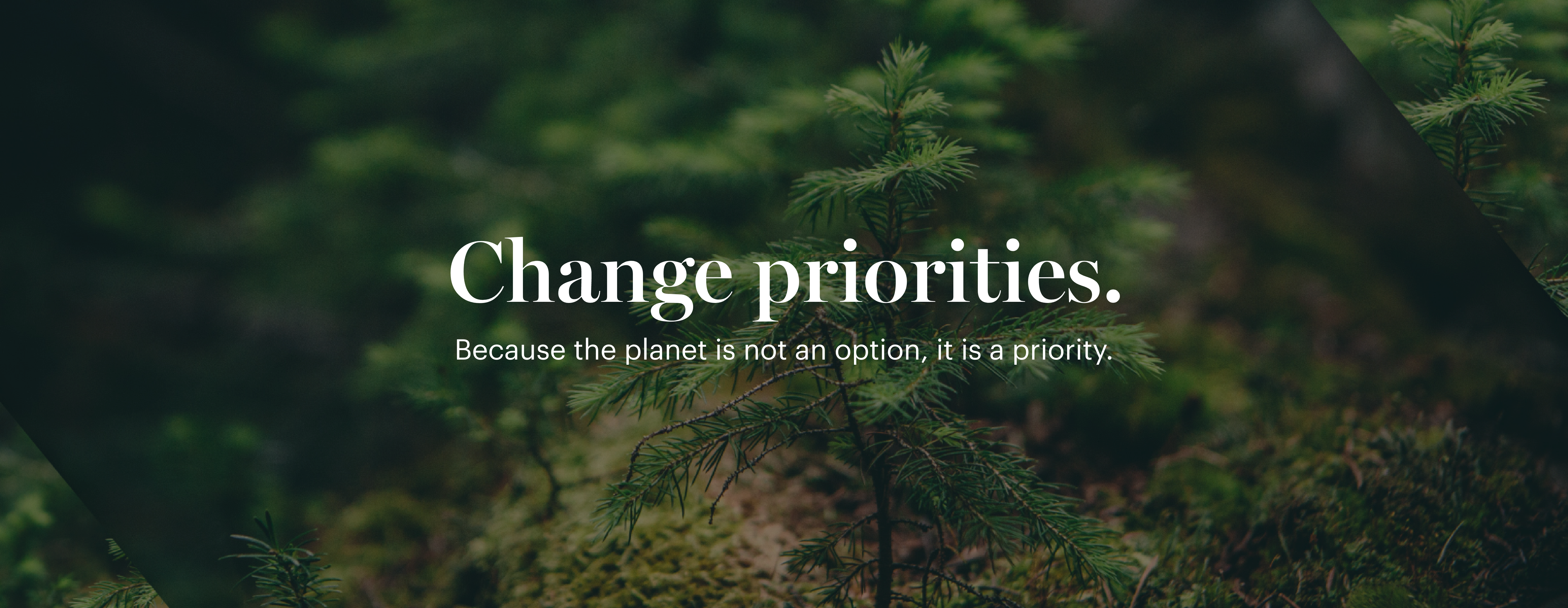

TERNUA GROUP, S.L.

Basque Country, Spain
July 2024
Apparel
Wholesale/Retail
Andorra,
Austria,
Belgium,
Canada,
Chile,
Czech Republic,
Ecuador,
France,
Germany,
Hong Kong S.A.R.,
Italy,
Japan,
Netherlands The,
Poland,
Romania,
Russia,
Slovenia,
Spain,
Switzerland,
Taiwan,
Ukraine,
United Kingdom,
United States
Ternua Group, headquartered in Arrasate (Basque Country, Spain), is an international company made up of more than 200 professionals dedicated to designing, developing, and marketing Sports and Fashion equipment with a strong commitment to sustainability. Renowned for combining functionality, sustainability, and design, the Group, with over 30 years of experience and 4 well known and distinctive brands in its portfolio, provides high-performance clothing and equipment for various outdoor sports and urban active lifestyle while prioritizing environmental care and Innovation. Ternua Group’s brands can be found in more than 60 countries worldwide, covering different sectors such as: · Outdoor sports, lifestyle and workwear (TERNUA and LORPEN) · Fashion streetwear and sportswear (LOREAK MENDIAN and ASTORE).
Overall B Impact Score
Governance 8.6
Governance evaluates a company's overall mission, engagement around its social/environmental impact, ethics, and transparency. This section also evaluates the ability of a company to protect their mission and formally consider stakeholders in decision making through their corporate structure (e.g. benefit corporation) or corporate governing documents.
What is this? A company with an Impact Business Model is intentionally designed to create a specific positive outcome for one of its stakeholders - such as workers, community, environment, or customers.
Workers 25.9
Workers evaluates a company’s contributions to its employees’ financial security, health & safety, wellness, career development, and engagement & satisfaction. In addition, this section recognizes business models designed to benefit workers, such as companies that are at least 40% owned by non-executive employees and those that have workforce development programs to support individuals with barriers to employment.
Community 17.6
Community evaluates a company’s engagement with and impact on the communities in which it operates, hires from, and sources from. Topics include diversity, equity & inclusion, economic impact, civic engagement, charitable giving, and supply chain management. In addition, this section recognizes business models that are designed to address specific community-oriented problems, such as poverty alleviation through fair trade sourcing or distribution via microenterprises, producer cooperative models, locally focused economic development, and formal charitable giving commitments.
Environment 40.0
Environment evaluates a company’s overall environmental management practices as well as its impact on the air, climate, water, land, and biodiversity. This includes the direct impact of a company’s operations and, when applicable its supply chain and distribution channels. This section also recognizes companies with environmentally innovative production processes and those that sell products or services that have a positive environmental impact. Some examples might include products and services that create renewable energy, reduce consumption or waste, conserve land or wildlife, provide less toxic alternatives to the market, or educate people about environmental problems.
What is this? A company with an Impact Business Model is intentionally designed to create a specific positive outcome for one of its stakeholders - such as workers, community, environment, or customers.
Customers 3.4
Customers evaluates a company’s stewardship of its customers through the quality of its products and services, ethical marketing, data privacy and security, and feedback channels. In addition, this section recognizes products or services that are designed to address a particular social problem for or through its customers, such as health or educational products, arts & media products, serving underserved customers/clients, and services that improve the social impact of other businesses or organizations.